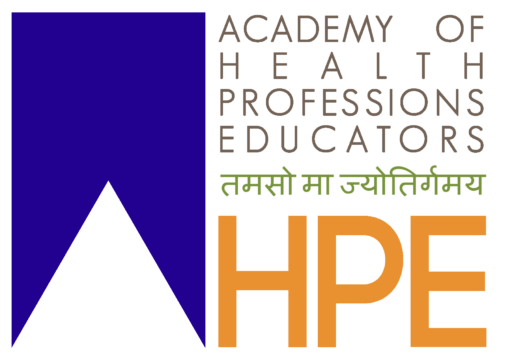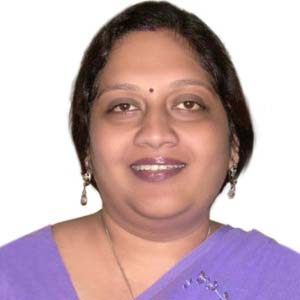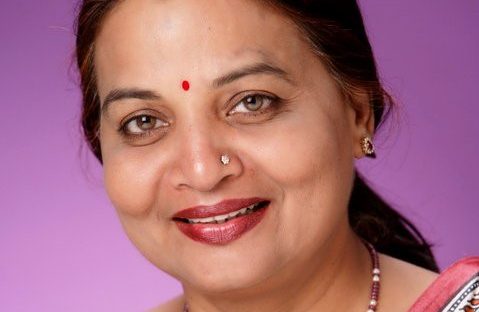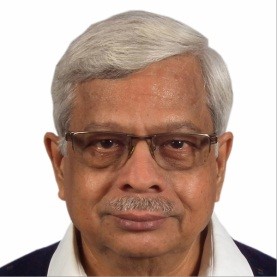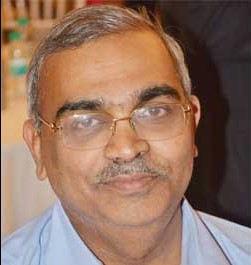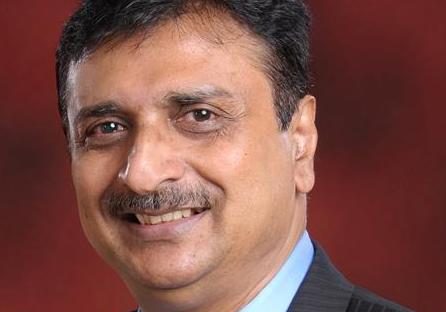One oft-heard complaint from teachers in medical schools in India is that students don’t attend lectures. The woes of low attendance in theory classes are a repeated refrain from administrators. And this isn’t a problem just restricted to India. Worldwide, schools are beginning to realize that even the best lecturers are not always successful in attracting students to lectures. Clearly, the traditional lecture isn’t doing too much to engage students. Teachers need to think of newer ways to capture the attention of this digital generation of learners. Is it time then to shift to flipped classrooms?
In a traditional model, teachers deliver didactic content to students in the classroom, and give them homework to hone their skills. The flipped classroom reverses the manner in which time is spent inside and outside the classroom. The flipped classroom is an educational model where students are assigned didactic study content before a class, and the classroom time is utilized for more engaging and active learning strategies. With the availability of technology, such asynchronous and distributed learning formats are possible in our settings. To give you an example, teaching videos or assigned readings are uploaded on an online platform before the scheduled class. Students are expected to study and come prepared. Once students are in the classroom, they are given a short quiz or assessment to ensure that they are ready with the basics. This helps in ensuring that unprepared students will not distract learning of other prepared students during the group exercises. Students then work in teams to apply their knowledge to assigned tasks.
The concept of the flipped classroom comes from time-tested educational theories. Teaching and learning do not occur in closed systems. Learning often happens outside the formal boundaries of time and space, and learners need meaningful enriching experiences. In the flipped classroom format, students can metacognitively manage the pace of their own learning, identify their learning gaps, and formulate their plans of moving ahead with the guidance of their teachers. The role of classroom activities is to scaffold student learning and facilitate learner-centred collaborative environments.
How can you design flipped classrooms in your setting?
The key to designing flipped classrooms is organizing how you will teach. The first step is to have a look at your learning outcomes and plan backwards. Make learning outcomes explicitly clear to learners. Think about the assessment and learning activities that your students must undertake actively to achieve those outcomes. Write down a clear schedule of what you expect learners to do and share it with them. Remember to sort the material based on difficulty level. Difficult and advanced concepts need to be taught in class, while easier instructional material that might be easy to assimilate by learners can be given as pre-reading assignments. While doing this, do not forget the cognitive load on the learners, and estimate the time they will require to study on their own. In the classroom, develop small formative assessments to determine the learning gaps. You can also use technological advances like audience response systems or online assessments to determine learning gaps. Use active learning strategies like group work and hands-on skill training.
Clearly, using the flipped classroom approach needs organizational changes such as altered arrangements of the classrooms, and availability of resources such as books, audio-visual aids, computers and the internet. This also requires much more preparation from faculty than the traditional lecture, due to the unpredictability of what learners may need. Creation of web-based content like online lectures, videos and assessment may take time to prepare, but once done, they can be re-used easily for future batches of learners. Learning material must be easy to access. Proper sequencing of tasks from easy to difficult is essential. Flipped classrooms can free up time for interactive activities and hands-on training. Collaborative strategies such as brainstorming, concept-mapping, team-based learning and problem-based learning are suitable for medical students. The role of the teacher will be to facilitate learning as subject experts by moderating discussions, resolving doubts, providing feedback and ensuring that learning objectives are met.
How do flipped classrooms help?
Flipped classrooms make students responsible for their own learning. They can use the face-to-face time to interact with teachers and peers, ask specific questions, obtain guidance, receive feedback, and apply their newly learnt knowledge to real-life scenarios. Students seem to love this kind of active learning as it allows them the freedom to think and discover things for themselves. Use of formative assessments helps students in identifying their own learning gaps. This format takes students to a deeper level of learning instead of merely cramming the subject.
In a systematic review, Chen et al (2017) have shown that the flipped classroom is a promising approach to improve learner motivation and engagement. They were found to be at least as effective as traditional lectures. There is not enough evidence yet to suggest that this method helps in better knowledge retention or transfer of knowledge to professional practice.
As with any other major curricular change, transitions to flipped classrooms will require drastic alterations in organizational culture. It is important to create an environment of inquiry and open questioning. This transition must be facilitated by good administrative coordination and communication between faculty and students. Additionally, technological support will be critical to sustaining this model. Faculty training is essential to understand how redesigning of face-to-face classroom time can be best done. If used well, the flipped classroom model allows efficient use of time and technology. Watching student enthusiasm towards learning can be very fulfilling.
(Dr Anshu is Secretary, AHPE. She is Professor in the Department of Pathology at the Mahatma Gandhi Institute of Medical Sciences Sevagram, Maharashtra)
